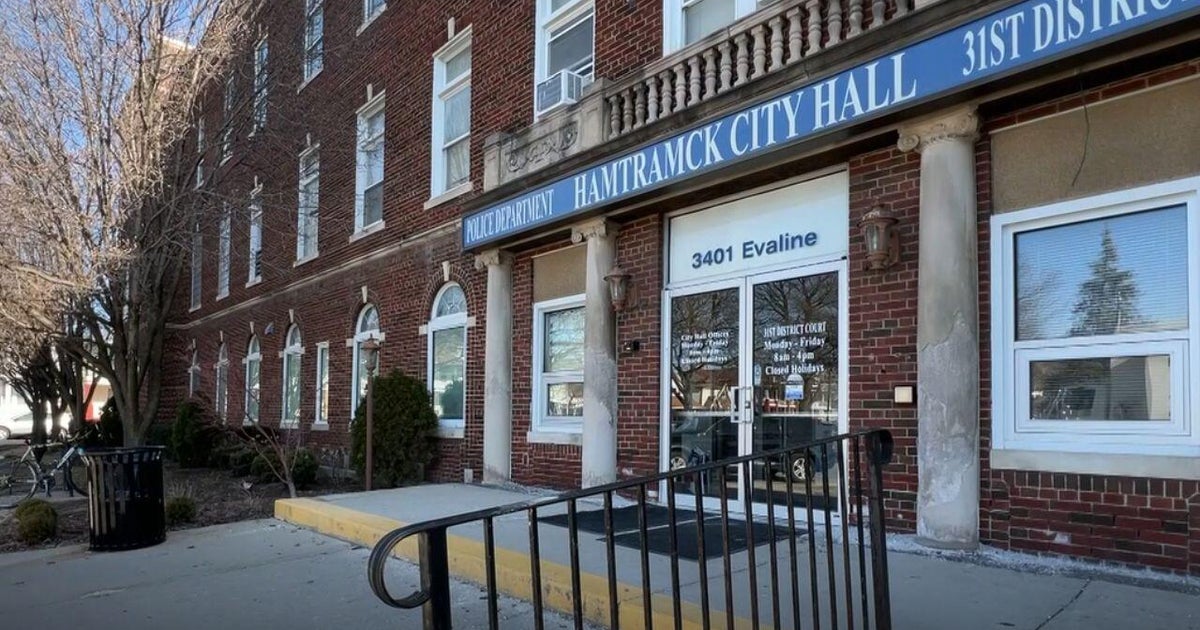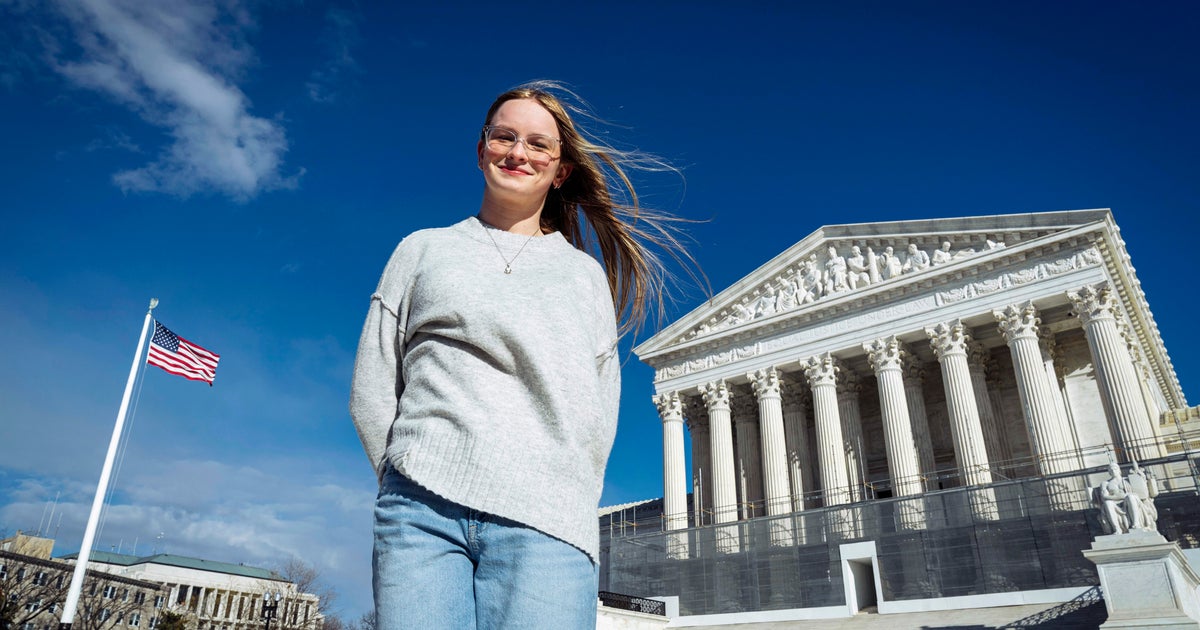Supreme Court declines to lift Pennsylvania's stay-at-home order
Washington — The Supreme Court on Wednesday declined to lift an executive order from Pennsylvania Governor Tom Wolf that mandated the closure of all businesses in the state deemed nonessential as part of efforts to curb the spread of the coronavirus.
A group of businesses and other entities in the state asked the high court last week to block enforcement of Wolf's executive order, which was issued March 19 in response to the coronavirus. There were no noted dissents.
The Pennsylvania businesses argued Wolf's lockdown order was unconstitutional and filed an emergency request with the Pennsylvania Supreme Court arguing it went beyond Wolf's authority. The state court, however, sided with Wolf and rejected the challenge. The businesses then asked the U.S. Supreme Court to review the lower court's decision.
"The executive order and similar orders by governors across the country is doing substantial, unprecedented damage to the economy," the group wrote in its request to the high court.
The ruling from the lower court, they added, "permits the continued closure of petitioners and tens of thousands of other businesses across Pennsylvania and as such constitutes severe, immediate and ongoing deprivation of their rights under the U.S. Constitution."
Under Wolf's order, businesses and entities that are non-life-sustaining were ordered to temporarily close their doors, though the state created a waiver process through which entities could seek an exemption. Those that were allowed to stay open were required to comply with social distancing and other mitigation measures.
Governors of nearly all 50 states have issued orders requiring nonessential businesses to close and urging residents to severely limit their activities. Legal challenges to the orders, however, have begun to crop up.
Earlier this week, a group of three state lawmakers, businesses and religious leaders in Maryland filed a lawsuit in federal court challenging Governor Larry Hogan's lockdown orders. Republican state lawmakers in Washington state are suing Governor Jay Inslee over his orders, which they say are unconstitutional.
Some governors have begun to ease restrictions on businesses in an effort to revive struggling economies, which were brought to a halt because of the coronavirus crisis. Others, however, have extended their lockdown orders into May amid a continued rise in confirmed cases.





